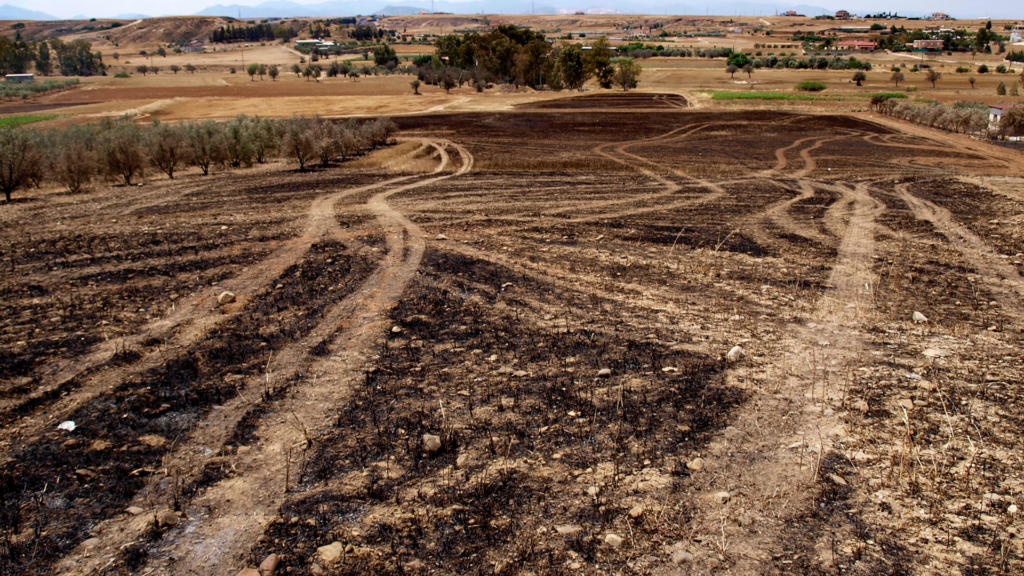“Heat stress” – a measure of temperature levels and the impact of climate on working outdoors – already poses an “extreme risk” in 20 countries, especially agricultural giant India, according to a risk analysis report carried out by British company Verisk Maplecroft.
As a result of global warming, the frequency of heat waves has only increased in recent years. High temperatures risk significantly impacting global agriculture, leading to failed or disrupted harvests.
The report is based on the assumption that global temperatures increase by 2℃ compared to the pre-industrial area by 2045. In this scenario, 64 countries that account for 71% of global food production could be affected by this extreme heat stress. This includes all of the world’s major food producers, such as China, Brazil, and the United States.
“If emissions remain unchecked and temperatures continue to rise, extreme disruptions to global food supply chains will become increasingly common,” said Will Nichols, the company's Head of Climate and Resilience. "This will push prices even higher, strain economies and drive millions towards hunger.”
Burning bread baskets
Currently India, which represented 12% of world food production in 2020, is the only major country currently in the “extreme risk” category for heat stress. If temperatures rise too high, this may affect the country’s ability to put workers into the fields.
“In May 2022 a heatwave scorched India’s harvests, prompting Delhi to impose a ban on wheat exports. The decision was a blow to the international community, who had looked to India – the world’s second-largest wheat producer – to fill the supply gap caused by Russia’s invasion of Ukraine,” the researchers note.

Crops and farmland around the world were scorched by intense heatwaves this year. Credit: Canva
The report warns that the outlook will “only grow bleaker” in the coming years, with heat stress set to pose an extreme risk to agriculture in over 30% of countries. 90% of the worst affected are in Africa. Ghana, the world’s second-largest producer of coca, is under extreme threat from high temperatures.
In Europe, the Balkan nation Montenegro, where agriculture represents 6.4% of GDP and 7.2% of the workforce, has leapt 75 places in the list of countries at risk from future changes in the climate, the sharpest deterioration recorded by any country in the researcher's dataset.
Related News
- People in Western Europe most pessimistic about direction world is going in
- Rising temperatures cause extreme swings in weather patterns, experts say
Verisk Maplecroft warns that the impact of high temperatures could have a vast array of secondary impacts, especially in developing countries.
“Countries facing falling incomes and dwindling food supplies will struggle to mitigate climate impacts or address issues like poverty that not only upend the operating environment, but could also trigger humanitarian crises, political unrest, or even conflict,” the report concludes.

